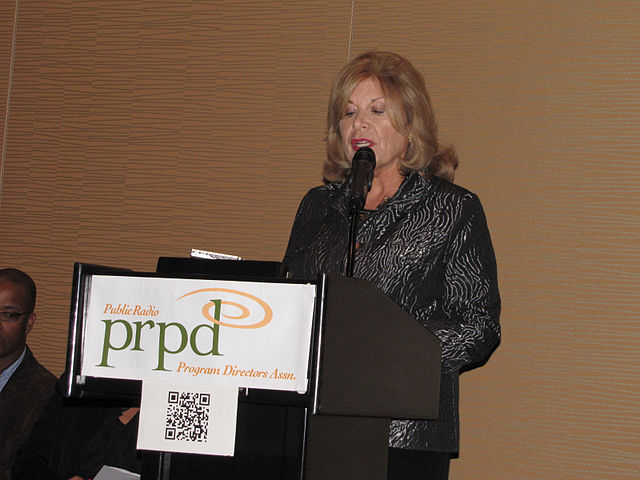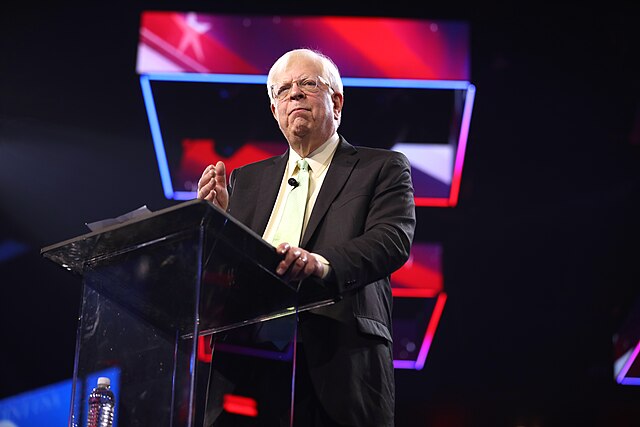Alyssa Still
Staff Writer
In May of this year, President Donald Trump signed an executive order to cease federal funding to the Corporation for Public Broadcasting. In June, the House approved a rescission package to reclaim $1.1 million of federal funding that CPB received this year. Both the Public Broadcasting Service and the National Public Radio will be losing funding at the end of the fiscal year, as they are both funded by CPB.
In a press release on August 1, CPB President and CEO Patricia Harrison said, “Despite the extraordinary efforts of millions of Americans who called, wrote, and petitioned Congress to preserve federal funding for CPB, we now face the difficult reality of closing our operations.”

The CPB was authorized by Congress in 1967 and serves as a private nonprofit that supports over 1,500 media organizations. Their website labels themselves as the largest single source for research, technology and program development for public radio, television and related online services. These benefit Americans all over the country and specifically those in rural areas.
On July 17, PBS released a press release that said, “There is nothing more American than PBS. Despite today’s setback, we are determined to keep fighting to preserve the essential services we provide to the American public.”
They went on to say that the rescissions package goes “against the will of the American people.”
The Pew Research Center found that only 24% of U.S. adults say Congress should suspend government funding for NPR and PBS. They also found that democrats are more likely to regularly get news from CPB sources and are more likely to trust those sources than republicans.
PBS and NPR are important to Americans because they support the stations that provide non-commercial content in areas that are not able to support a station on their own. These stations also share emergency information during natural disasters. In rural areas, these are crucial to Americans’ safety. I believe it would be best if the government continued to support these services.
PragerU has been suggested as an alternative to PBS. PragerU is not a university, as the name seems to suggest; it is a conservative nonprofit with free content available across 14 platforms. Its website states that its mission is “to promote American values through the creative use of digital media, technology and edu-tainment.” Education materials from PragerU are available to public schools in six states, where their content covers American history, politics and religious topics.

Their website says, “Echo chambers are not healthy, and we believe the best ideas are cultivated from debate and open-mindedness, not censorship.”
Currently, PragerU runs on donations and does not receive any government funding. It has not been decided that the organization will receive any.
A widely heard argument by Republicans who do not want PBS and NPR to receive government funding is that the organizations are biased and left-leaning. With this argument in mind, it is contradictory to push a conservative media outlet like PragerU as the solution. It is not going to fix the problem by pushing the problem onto the opposing side. I do agree, though, that PBS and NPR are left-leaning and sometimes biased. AllSides rates PBS Newshour and NPR (Online News) as left-leaning on their Media Bias Rating scale.
I don’t think it’s possible to have entirely unbiased media. Even media from sources more to the center are not perfect because they can lack crucial perspectives from both sides. It would be best to have a government-funded media source that features both sides and the center. Although this is highly unlikely in the politically charged society we live in, this is what I see as the best solution.







